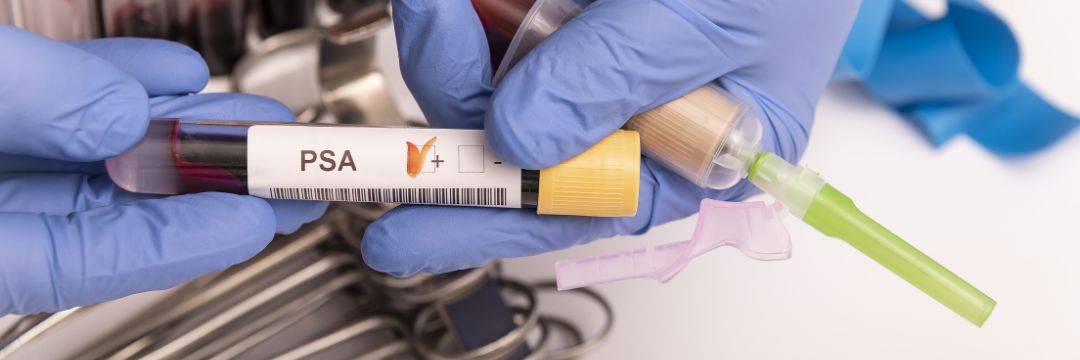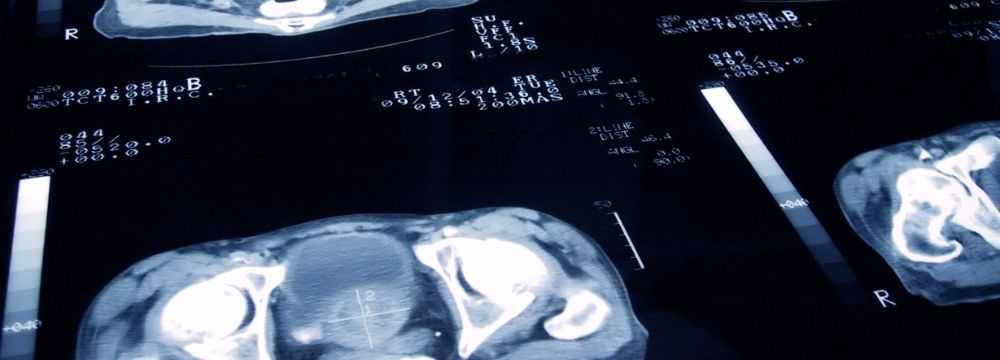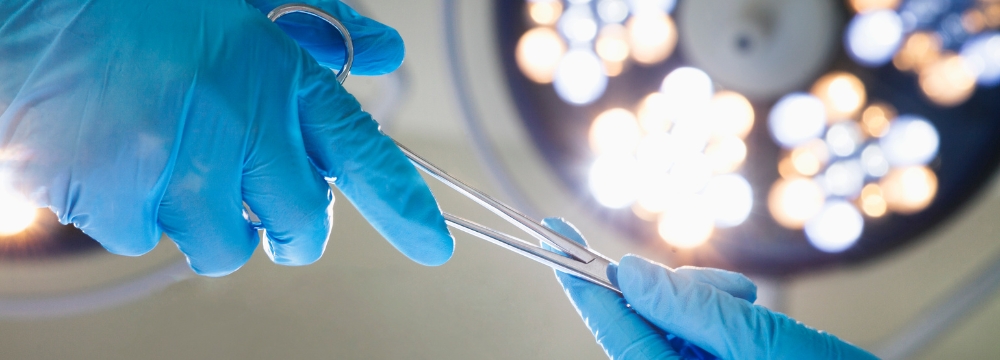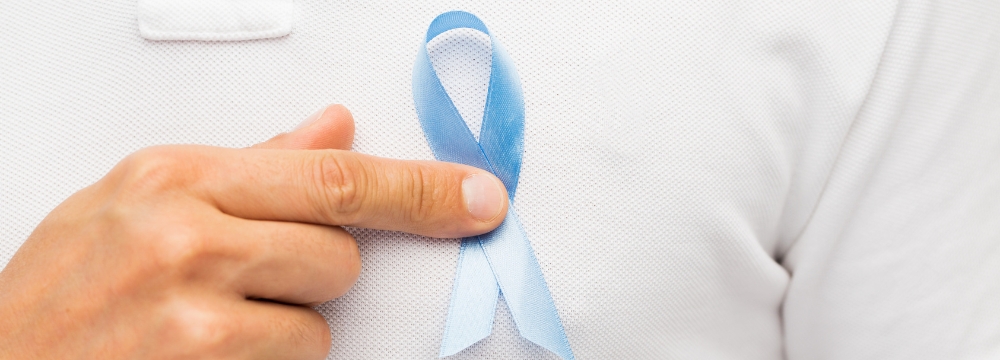Prostate surgery may come with unintended side effects, including urinary incontinence – which is the partial or total inability to control your bladder. In stress urinary incontinence, you experience urine leakage when coughing, sneezing, lifting heavy objects, or putting any other type of physical stress on your body that affects your abdominal and pelvic area.
Why does this happen? Will it ever go away? Let’s talk about what causes stress urinary incontinence after having prostate surgery, and where you can go for medical help in keeping it under control.
How Can Prostate Surgery Affect Urination?
Prostate surgery may be a partial or radical prostatectomy, which is the removal of some or all of the prostate gland, respectively. This is a very delicate operation, and the urethra, bladder, rectum, or urinary sphincter may become damaged in the process.
Because the urethra travels right through the prostate to move urine from the bladder to the penis, the urethra must be cut above and below the prostate in a radical prostatectomy. Once the prostate is removed, the urethra is then reattached directly to the bladder. The man must have a catheter while this area heals.
Moreover, the nerves and muscles in the area may also become damaged. All of this can cause urine to leak, especially when stress (pressure) is put on the area. You can easily see why stress urinary incontinence is so common after having prostate surgery.
Managing Stress Urinary Incontinence
While your body is healing after the surgery, you will want to wear absorbent pads in order to prevent urine leakage onto your clothing or the bed. Patients who are overweight are encouraged to lose weight since excess weight can press on the bladder and worsen stress urinary incontinence.
Engaging in light physical activity is usually recommended by doctors. Diuretics such as coffee, tea, and alcohol should be reduced or avoided altogether. If your urinary incontinence also happens at night, it is recommended to avoid consuming liquids two hours before bedtime.
Special exercises to strengthen the pelvic muscles, such as Kegel exercises, can also help with improving bladder control. Your doctor can explain how and how often to do these exercises.
Surgery to Treat Urinary Incontinence
For patients with urinary incontinence that is not improving, your doctor may recommend treatments such as an artificial urinary sphincter or a urethral sling. An artificial urinary sphincter involves the surgical implantation of a device around the urethra that controls your urine. When the sphincter is closed, it blocks the passage of urine that may leak from your bladder. It is controlled by a pump, which you squeeze when you want to urinate.
A urethral sling is also placed around your urethra, and it provides added support to the urethra to prevent urine leakage. The sling will lift the urethra and add pressure to it to help with urine retention.
Urologist in Concord and Mint Hill, North Carolina
Dr. Richard Natale is a board-certified urologist and an expert in treating men’s health issues, including urinary incontinence after having prostate surgery. Dr. Natale will give you recommendations for improving your stress urinary incontinence so it ceases to interfere with your lifestyle.
If you have any questions or would like to schedule a consultation with Dr. Natale here at Carolina Urology Partners, contact our friendly staff today by calling us at (704) 786-5131 or by filling out our online request form now. We look forward to being your healthcare partner!









